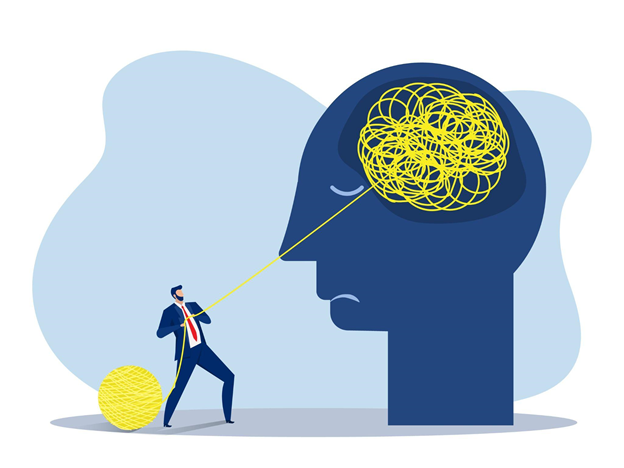Leveraging Technology for Behavioral Health: Acadia Healthcare’s Insights at the J.P. Morgan Healthcare Conference

Behavioral healthcare has traditionally lagged in technological adoption compared to other areas of medicine, but Acadia Healthcare is leading efforts to close that gap. At the 43rd Annual J.P. Morgan Healthcare Conference, Acadia Healthcare shared its vision for leveraging innovative technologies to enhance patient care and outcomes. With a commitment to advancing digital tools, Acadia is reshaping the landscape of behavioral health treatment.
The Role of Technology in Behavioral Health
Acadia Healthcare operates over 258 facilities nationwide, serving more than 75,000 patients daily across a spectrum of behavioral health services. Recognizing the transformative potential of technology, Acadia has invested $100 million into advanced systems that streamline care delivery, enhance safety, and improve outcomes. This significant investment is part of the company’s broader strategy to bring modern solutions to a historically paper-based industry.
Electronic medical records (EMRs) are one of the cornerstones of Acadia’s technological advancements. By the end of 2024, 65% of Acadia’s acute care facilities are expected to integrate EMRs into their operations. These systems allow clinicians to access real-time patient data, ensuring that decisions are informed and treatments are personalized. This is particularly critical in behavioral health, where timely and accurate information can significantly impact patient progress.
Enhancing Patient Safety and Care Delivery
At the J.P. Morgan Healthcare Conference, Acadia Healthcare highlighted its focus on improving patient safety through technology. The implementation of patient monitoring systems across its network has enhanced both clinical outcomes and the safety of staff and patients. These systems help providers proactively address risks, creating a safer environment for care.
In addition to safety systems, Acadia uses technology to facilitate evidence-based practices. For example, its Comprehensive Treatment Centers (CTCs) employ medication-assisted treatment (MAT) combined with therapy to support individuals recovering from opioid addiction. Advanced tools allow providers to track treatment progress and adjust care plans in real time, improving retention rates and recovery outcomes.
Bridging Gaps in Behavioral Health Care
Technology also plays a vital role in expanding access to care for underserved communities. Through telehealth services and digital platforms, Acadia Healthcare is reaching patients in rural areas where behavioral health resources are often scarce. By integrating technology into its care model, Acadia is ensuring that more individuals have access to the support they need, regardless of their location.
Collaboration to Drive Technological Innovation
Acadia Healthcare’s partnerships with health systems and technology leaders have been instrumental in advancing its digital initiatives. These collaborations enable Acadia to stay at the forefront of innovation, ensuring that its facilities benefit from the latest tools and practices. The J.P. Morgan Healthcare Conference provided a platform for Acadia to explore new partnerships and share insights on how technology can revolutionize behavioral health care.
A Vision for the Future
Acadia Healthcare’s commitment to leveraging technology reflects its broader mission to improve lives and inspire hope. By integrating advanced systems into its operations, Acadia is setting a new standard for behavioral health care. These tools not only improve patient outcomes but also empower clinicians to deliver more effective and compassionate care.
As showcased at the J.P. Morgan Healthcare Conference, Acadia Healthcare is leading the charge in modernizing behavioral health. Through continued investment in technology, the company is addressing current challenges while building a foundation for the future of mental health and addiction treatment.







